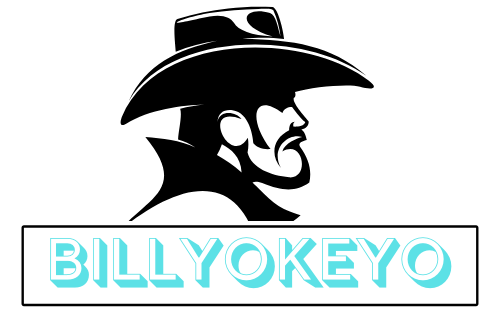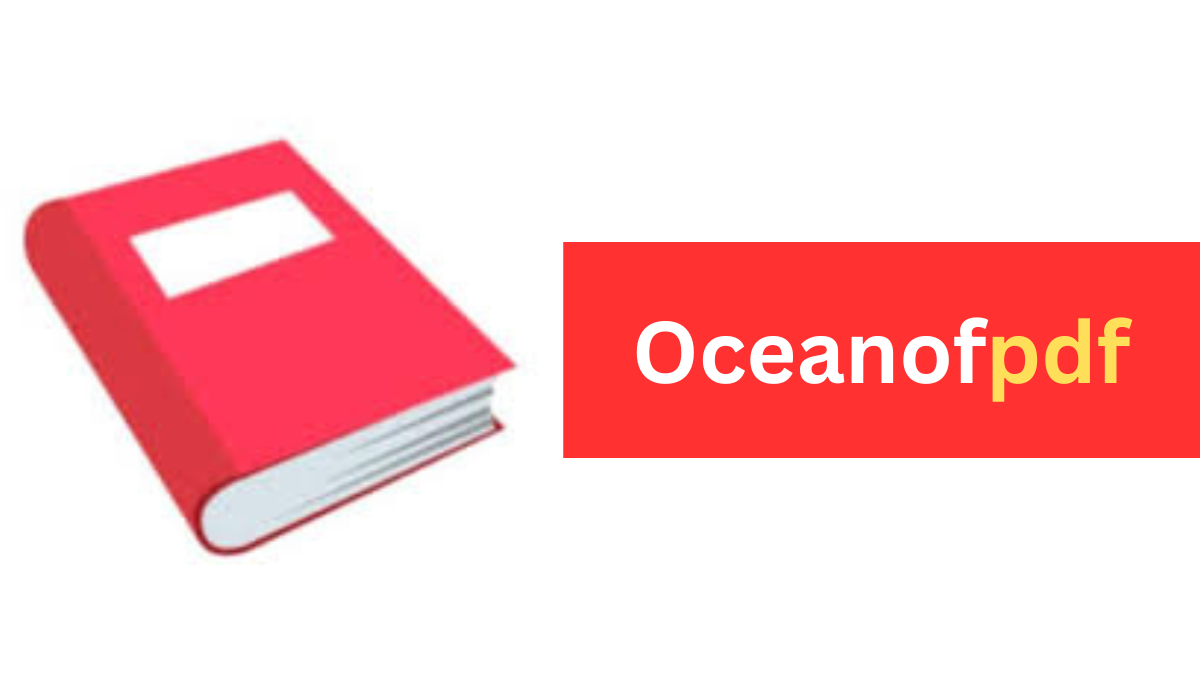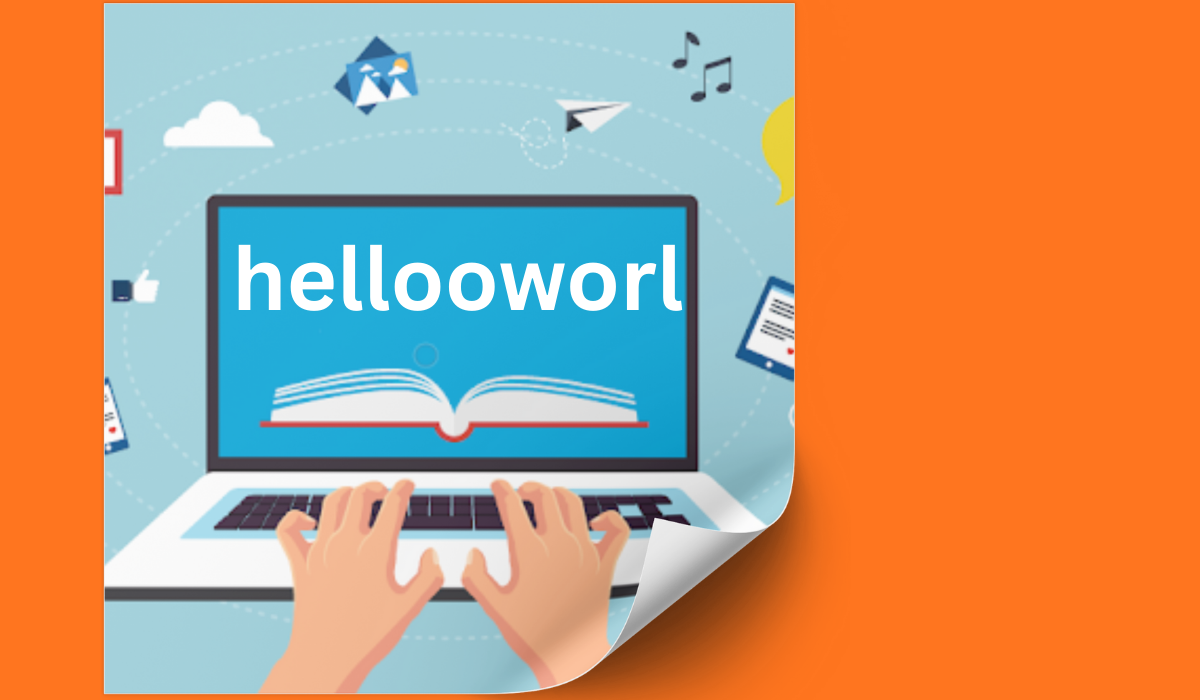Book lovers know the struggle of building an extensive library without breaking the bank. Physical books are expensive, and legitimate e-book platforms often charge premium prices for digital copies. This challenge has led many readers to explore free alternatives, with OceanofPDF emerging as one of the most discussed platforms for accessing digital books.
OceanofPDF has gained significant attention among students, researchers, and casual readers who seek free access to a vast collection of books across multiple genres. The platform promises thousands of titles ranging from academic textbooks to popular fiction, all available for free download in PDF format.
However, navigating the world of free book platforms requires careful consideration of legality, safety, and alternatives. This comprehensive guide will explore everything you need to know about OceanofPDF, including how it works, what content is available, safety considerations, and legitimate alternatives that respect copyright laws.
Whether you’re a student looking for textbooks, a researcher seeking academic papers, or simply someone who loves reading but wants to explore free options, understanding the landscape of digital book platforms will help you make informed decisions about your reading habits.
What is OceanofPDF and How Does It Work?
OceanofPDF positioned itself as a free digital library offering downloadable books in PDF format. The platform gained popularity by providing access to books that would otherwise require purchase or library membership. Users could search for specific titles, browse by category, and download books directly to their devices.
The website’s interface was designed to be user-friendly, featuring a search function, category filters, and book recommendations. Popular categories included fiction, non-fiction, academic textbooks, self-help books, and technical manuals. The platform’s appeal lay in its extensive collection and the convenience of instant downloads.
Many users discovered OceanofPDF through word-of-mouth recommendations, social media posts, or search engine results when looking for free versions of expensive textbooks or popular novels. The platform’s search engine optimization made it easily discoverable for people seeking specific book titles.
However, it’s important to note that OceanofPDF and similar platforms have faced legal challenges and domain changes over time. The availability and accessibility of such platforms can be unpredictable due to copyright enforcement actions.
Types of Books and Content Available
OceanofPDF hosted a diverse range of content that appealed to various reader demographics. Academic textbooks formed a significant portion of the collection, covering subjects like engineering, medicine, business, psychology, and computer science. These textbooks were particularly popular among college students facing high textbook costs.
Fiction enthusiasts could find novels from bestselling authors across genres including romance, mystery, science fiction, fantasy, and literary fiction. The platform often featured recently published titles alongside classic literature, making it attractive to readers with varied tastes.
Professional development books constituted another major category, including titles on entrepreneurship, leadership, marketing, and career advancement. Technical books covering programming languages, software development, and emerging technologies were also widely available.
The platform additionally hosted self-help books, cookbooks, health and fitness guides, and educational materials for various skill levels. Some users reported finding rare or out-of-print books that were difficult to locate through traditional channels.
Benefits That Attracted Users to OceanofPDF
The primary advantage of OceanofPDF was cost savings. Students, in particular, found relief from expensive textbook prices that could easily exceed hundreds of dollars per semester. Access to free books allowed many people to explore topics they might not have otherwise investigated due to financial constraints.
Convenience played a crucial role in the platform’s appeal. Users could download books instantly without waiting for shipping or library availability. The PDF format ensured compatibility across devices, allowing readers to access their books on computers, tablets, and smartphones.
The platform’s extensive catalog meant users could often find multiple books on similar topics, enabling comparative reading and comprehensive research. This was especially valuable for academic research and professional development projects.
Geographic accessibility was another significant benefit. Users in regions with limited access to bookstores or libraries could access the same titles available in major metropolitan areas. This democratization of knowledge appealed to many users worldwide.
Safety and Security Considerations
Downloading books from free platforms like OceanofPDF carries inherent risks that users should understand. Malware and viruses can be embedded in PDF files or distributed through malicious advertising on such websites. These security threats can compromise personal data and device functionality.
Many free book platforms rely on aggressive advertising to generate revenue, which can expose users to potentially harmful pop-ups, redirects, and phishing attempts. Users reported encountering suspicious ads and unwanted software installations when visiting similar sites.
To minimize risks, users who choose to explore such platforms should employ comprehensive antivirus software, use ad blockers, and avoid clicking on suspicious links or advertisements. Creating regular backups of important data becomes essential when downloading files from unverified sources.
Additionally, users should be cautious about providing personal information or creating accounts on platforms of questionable legitimacy. Many security experts recommend using dedicated devices or virtual machines when accessing such content to isolate potential threats.
Legal Considerations and Copyright Issues
The most significant concern surrounding OceanofPDF involves copyright infringement. Most books available on such platforms are protected by copyright laws, and distributing them without permission constitutes illegal activity in many jurisdictions.
Publishers and authors invest considerable resources in creating and marketing books, relying on sales revenue to fund future projects and compensate creators. Unauthorized distribution through platforms like OceanofPDF can significantly impact their ability to sustain their work.
Legal consequences for users can vary depending on local laws and enforcement practices. While individual users rarely face prosecution, the legal risk exists, particularly for those who redistribute copyrighted content or use it for commercial purposes.
Educational institutions often have strict policies regarding the use of pirated materials, and students caught using illegally obtained textbooks may face academic penalties. Professional consequences can also arise in workplace environments where intellectual property compliance is strictly monitored.
Legitimate Alternatives to Consider
Several legal alternatives provide access to free or affordable books while respecting copyright laws. Public libraries have significantly expanded their digital collections, offering e-books and audiobooks through platforms like OverDrive, Hoopla, and Libby. Library cards are typically free for residents, making this an excellent legal option.
Project Gutenberg offers over 60,000 free e-books, focusing on works whose copyright has expired. Classic literature, historical documents, and older academic texts are readily available through this legitimate platform.
Open Educational Resources (OER) provide free textbooks and educational materials for various subjects. Organizations like MIT OpenCourseWare and Khan Academy offer comprehensive educational content without copyright restrictions.
Subscription services like Kindle Unlimited, Scribd, and Apple Books provide access to extensive libraries for monthly fees that are often less expensive than purchasing individual books. Many platforms offer free trial periods and student discounts.
User Experiences and Community Feedback
Users of OceanofPDF often shared mixed experiences online. Many praised the platform’s extensive collection and ease of use, particularly students who found expensive textbooks available for free download. The convenience of instant access resonated with users who needed materials for immediate research or study purposes.
However, users also reported various issues including broken download links, incomplete files, and poor PDF quality. Some books contained scanning errors, missing pages, or formatting problems that affected readability and usability.
Security concerns featured prominently in user discussions, with multiple reports of malware encounters and aggressive advertising. Users frequently shared tips for safer browsing, including the use of VPNs, ad blockers, and antivirus software.
The uncertainty surrounding the platform’s availability also frustrated users. Domain changes, temporary shutdowns, and access issues made it difficult to rely on the platform for consistent access to materials.
Tips for Finding Quality Digital Books Safely
Readers seeking free digital books should prioritize legitimate sources that respect copyright laws. Start by exploring your local library’s digital collection, which often includes recent releases and popular titles available through easy-to-use mobile apps.
Academic institutions frequently provide students and faculty with access to extensive digital libraries through subscriptions to platforms like JSTOR, IEEE Xplore, and SpringerLink. These resources offer high-quality, peer-reviewed content for research and educational purposes.
Government publications, reports, and documents are often available for free through official websites. Organizations like the National Institutes of Health, World Health Organization, and various government agencies publish valuable research and information at no cost.
Author websites and publisher promotional campaigns sometimes offer free books as marketing strategies. Following favorite authors on social media or subscribing to publisher newsletters can provide access to legitimate free content and promotional offers.
The Future of Digital Book Access
The digital book landscape continues evolving as publishers, technology companies, and consumers seek sustainable models for content distribution. Subscription services are gaining popularity as they provide legal access to vast libraries while ensuring fair compensation for creators.
Artificial intelligence and machine learning technologies are improving book recommendation systems, helping readers discover new content more effectively. These advances benefit both legitimate platforms and users seeking personalized reading experiences.
Educational institutions are increasingly adopting open educational resources and negotiating better deals with publishers to reduce student costs. This trend suggests that affordable legal access to academic materials will continue improving.
The growing awareness of copyright issues and digital literacy is encouraging readers to seek legitimate alternatives. As legal options become more accessible and affordable, the demand for questionable platforms may decrease.
Making Informed Choices About Digital Reading
The appeal of free book platforms like OceanofPDF is understandable, especially given the high cost of books and educational materials. However, readers must weigh the benefits against significant legal, ethical, and security risks.
Exploring legitimate alternatives often reveals that free or affordable legal options are more abundant than initially apparent. Public libraries, educational institutions, and legitimate free resources can satisfy many reading needs without compromising legal or ethical standards.
For those who choose to explore any free book platform, understanding the risks and taking appropriate precautions is essential. However, supporting authors and publishers through legitimate channels helps ensure the continued creation of quality content.
The future of digital reading lies in finding sustainable models that balance accessibility with fair compensation for creators. By making informed choices and supporting legitimate platforms, readers can contribute to a healthier digital book ecosystem while satisfying their reading needs responsibly.
You May Also Like:





